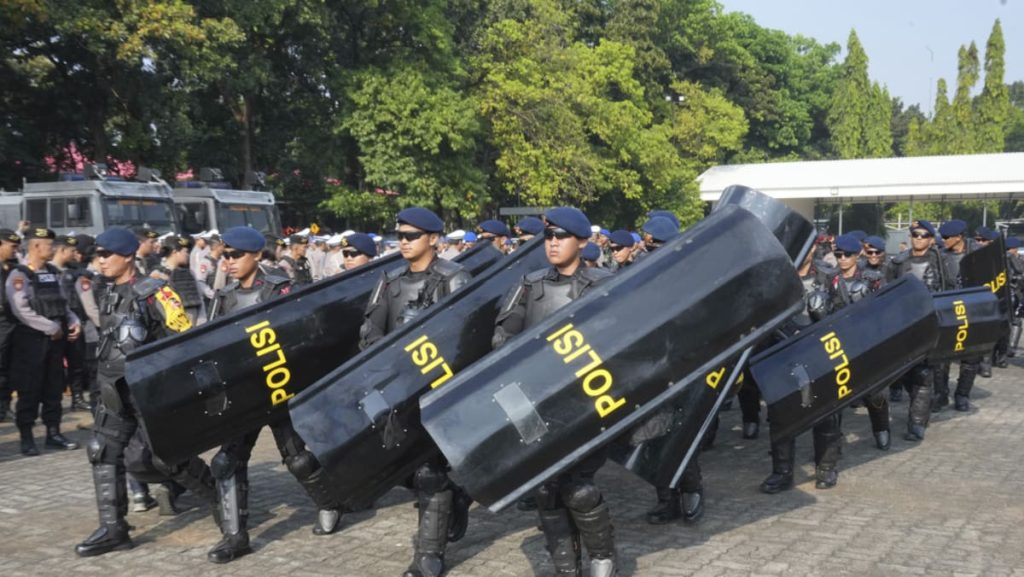Amnesty International Indonesia has issued a damning report detailing the pervasive nature of alleged police brutality in the country, raising serious concerns about the lack of progress in police reforms. Their findings, released on December 9, 2024, reveal a disturbing pattern of violence, including extrajudicial killings, torture, and arbitrary arrests, painting a grim picture of human rights violations. The organization documented at least 116 cases of alleged police violence between January and November 2024, with a particularly alarming focus on extrajudicial killings. Amnesty recorded 29 such cases resulting in 31 fatalities, a stark indicator of the lethal force employed by law enforcement. This alarming statistic underscores the urgent need for systemic change within the Indonesian police force.
One of the most recent cases highlighted by Amnesty involves the tragic death of a student in Semarang, Central Java, in late November 2024. The student was allegedly shot and killed by a police officer, sparking national outrage and raising questions about the circumstances surrounding the incident. Initial claims by local police suggested the officer acted to disperse a student brawl. However, conflicting testimony from the head of internal affairs during a legislative hearing cast doubt on this narrative, suggesting a potential cover-up and highlighting the lack of transparency often associated with such cases. The discrepancy in accounts underscores the need for thorough and independent investigations into all instances of police violence.
The Amnesty report further details a range of other violent acts allegedly perpetrated by police officers across Indonesia. These include 28 cases of intimidation and physical violence and 26 cases of torture. These figures represent just the reported cases and may not fully reflect the true extent of police brutality in the country. The widespread nature of these incidents suggests a deeply ingrained culture of violence within the police force, raising concerns about accountability and the urgent need for comprehensive reforms.
Beyond individual instances of violence, Amnesty International also documented a period of intense police brutality surrounding demonstrations against changes to election rules. Between August 22 and 29, 2024, over 500 people were subjected to police violence during protests in 14 cities across the archipelago. The forms of violence ranged from arbitrary arrests and physical assaults to the improper use of tear gas. This crackdown on dissent raises serious concerns about the shrinking space for freedom of expression and peaceful assembly in Indonesia.
The Amnesty report argues that this surge in police violence, including extrajudicial killings, torture, and the suppression of peaceful protests, points to a disturbing trend of authoritarian-repressive policing. This stands in stark contrast to the democratic-humanist policing model mandated by law and promised by Indonesian authorities. The report criticizes the systemic failures within the police force that allow such abuses to continue unchecked, highlighting the urgent need for structural reforms, improved training, and stronger mechanisms for accountability.
The findings of the Amnesty International report raise serious questions about the state of human rights in Indonesia and the efficacy of ongoing police reforms. The documented cases of extrajudicial killings, torture, and arbitrary arrests paint a disturbing picture of a police force operating with impunity. The report serves as a stark reminder of the need for urgent action to address these systemic issues, protect the rights of Indonesian citizens, and ensure accountability for those responsible for perpetrating violence. The lack of a prompt response from the National Police to the report further underscores the need for increased pressure from civil society groups, international organizations, and the Indonesian government itself to bring about meaningful change within the police force.










